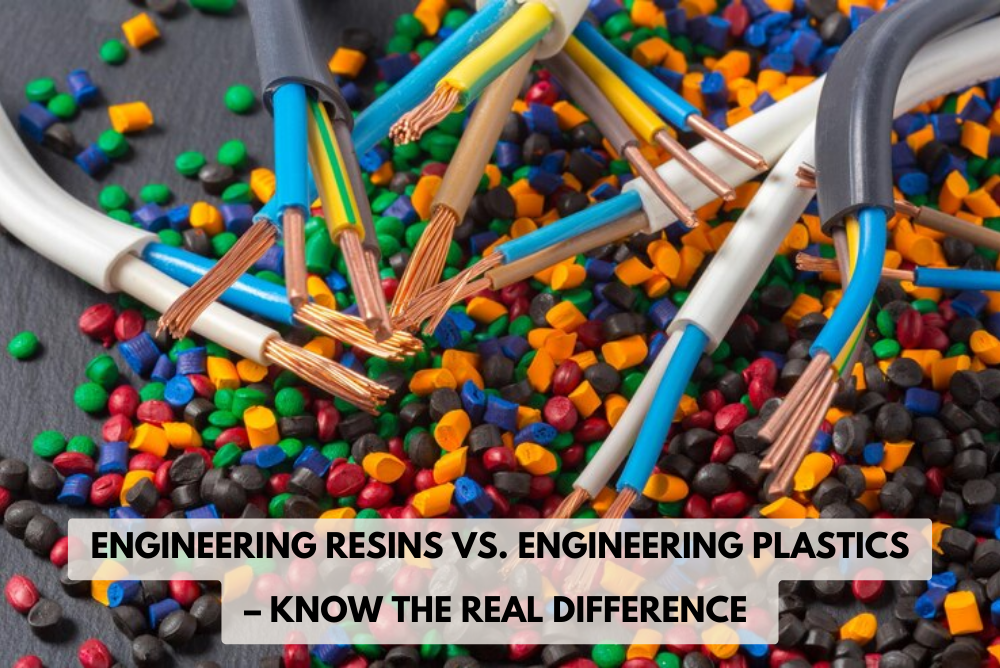jumpking trampoline,trampoline jumping,bounce trampoline Jiangsu Baoxiang Sports Equipment Co., Ltd , https://www.skyboundbx.com
The choice of materials in modern manufacturing plays a crucial role in determining the success and performance of engineered products. This is because the properties of these materials—whether natural or modified—directly influence the functionality, durability, and efficiency of the final product. Among the many material options available, engineering resins and plastics are two of the most widely used. Though they may seem similar at first glance, there are key differences that set them apart. If you're wondering how they differ, this article will break down the main distinctions between engineering resins and engineering plastics.

**Key Differences Between Engineering Resins and Engineering Plastics**
While both materials are used in industrial and commercial applications, they have unique characteristics that make them suitable for different purposes. Here’s a closer look at the main differences:
- **Chemical Structure**: Engineering resins typically have more complex molecular structures due to precise chemical synthesis processes. This complexity enhances their mechanical strength, heat resistance, and chemical stability. In contrast, engineering plastics have simpler polymer chains, which can result in different performance characteristics. However, they often offer a good balance of properties for a wide range of applications.
- **Thermal Stability**: Engineering resins are known for their excellent heat resistance and dimensional stability, even under extreme temperature conditions. They are ideal for high-temperature environments where other materials might degrade. Engineering plastics, while still durable, generally have lower thermal resistance and are better suited for standard or moderate temperature applications.
- **Mechanical Properties**: Engineering resins usually exhibit higher strength, toughness, and stiffness, making them ideal for high-stress or load-bearing applications. Engineering plastics, on the other hand, provide good mechanical properties but are often more flexible and easier to work with in certain manufacturing processes.
- **Processing Methods**: Both materials can be processed using techniques like injection molding, but engineering resins often require more specialized methods such as compression molding or extrusion to maintain their structural integrity. Engineering plastics are more versatile and commonly used in high-volume production of complex shapes.
- **Chemical Resistance**: Engineering resins tend to have superior resistance to solvents, oils, and harsh chemicals, making them suitable for demanding environments like aerospace, automotive, and chemical processing. Engineering plastics may not perform as well in highly corrosive conditions, but they are often sufficient for applications with moderate chemical exposure.
- **Cost**: Engineering resins are generally more expensive due to their advanced properties and specialized manufacturing. Engineering plastics, being more cost-effective, are often chosen when performance requirements are less demanding and budget is a concern.
- **Applications**: Engineering resins like PEEK, PPS, and nylon are commonly used in high-performance sectors such as medical devices, aerospace components, and automotive under-the-hood parts. Engineering plastics such as ABS, PC, and PET are popular in consumer electronics, automotive interiors, and packaging, where aesthetics and affordability matter.
Understanding the differences between engineering resins and engineering plastics allows engineers and designers to make informed decisions based on the specific needs of their projects. Whether it's about performance, cost, or application environment, selecting the right material is essential. If you're looking for reliable suppliers of engineering resins and plastics, consider working with experienced professionals who can guide you through the selection process.
At Mid Continent Plastics, we specialize in providing high-quality engineering resins and plastics tailored to meet the demands of various industries. Our team of experts can help you choose the best material for your project. Contact us today to discuss your requirements and find the perfect solution for your application.
